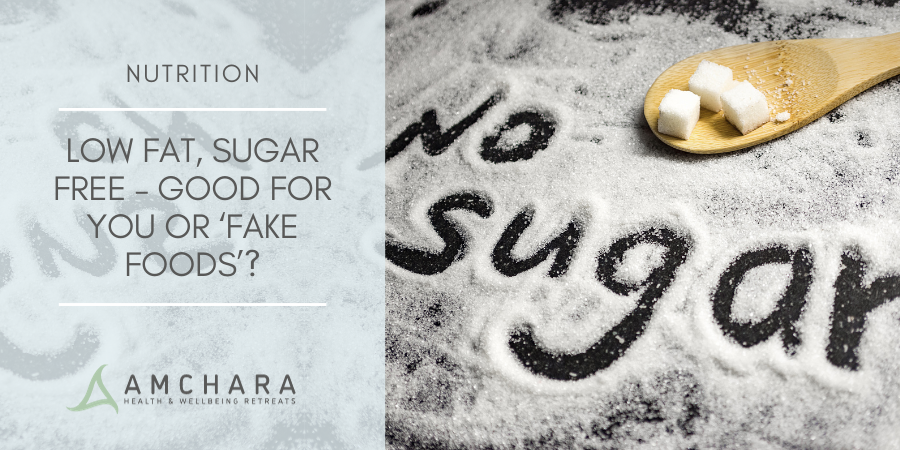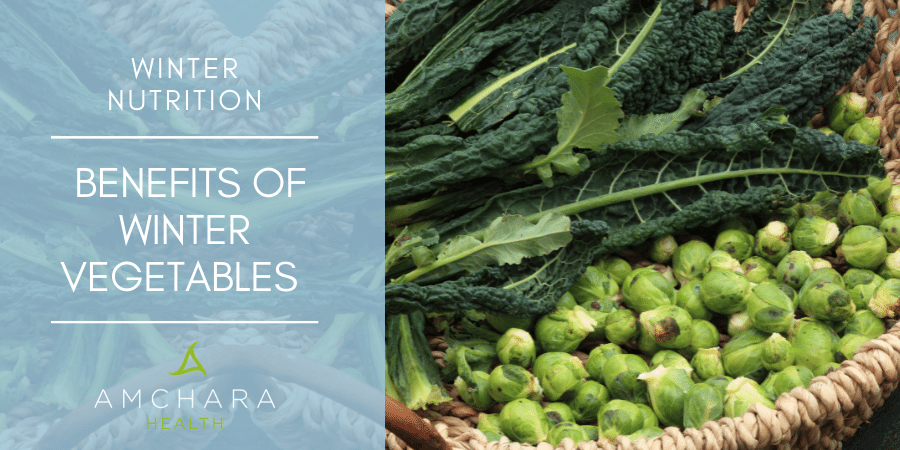First of all ditch the guilt.
Food in its entirety shouldn’t be a guilty pleasure; after all it’s an essential pleasure!
You can’t discard all your food in the same way you might throw away your cigarettes or give your last bottle of Prosecco to a friend.
We need food to live and if you’ve promised yourself a new healthier slimmer body this year…
..you need to create some balance and realistic goals without piling on unnecessary guilt.
If you fall off the wagon occasionally and don’t always stick rigidly to your diet regime it’s not the end of the world.
Start afresh the following day happy in the knowledge that you really enjoyed the delicious food you ate but are equally going to relish the healthier choices you are about to make.
All sorts of foods should be enjoyed in moderation.
Balance is the key.
One thing to remember is that most foods are made up of a combination of protein, fats and/or carbohydrates.
These ‘macronutrients’ are food groups we need in relatively large quantities.
Vitamins and minerals which are equally important are called ‘micronutrients’ and are needed in smaller amounts.
Restricting major food groups because you think they are ‘bad’ not only leads to possible nutrient imbalances but may also leave you hungry and increase the desire to binge eat and thus begins a cycle of negative eating habits.
Too many choices?
A barrage of misinformation from the media may have lead you to believe that some food choices are better than others i.e. good carbs, bad carbs, good fats, bad fats.
The reality is our digestive systems break everything down into specific molecules that look the same and carry out the same functions.
Your stomach can’t tell the difference between a bar of chocolate and a waldorf salad!
The difference between the notion of good (complex) carbohydrates and bad (processed) carbohydrates is based on how the body absorbs them.
It is true some carbohydrates digest more rapidly when eaten in isolation, prompting a rapid increase in blood sugar and insulin secretion.
This can result in sudden drop in blood sugar leading to hunger and cravings.
However in the real world, most people eat combinations of foods.
It’s unlikely you would eat just a bowl of pasta or just a solitary potato.
Proteins, fats & fibre slow the rate of absorption of carbohydrates, so it’s worth bearing this in mind and making sure you eat a range of foods from all food groups at each meal where possible.
Fats have also been the subject of much debate over the years, with saturated fats taking the rap for cardiovascular disease.
Fortunately new evidence is proving that there is no direct link between saturated fat and cardiac risk.
It’s more likely that heart disease is the result of an imbalance of a mixture of fats in the diet.
Our bodies need a certain amount of fat to function.
Because of its many actions in the body saturated fats can offer benefits just as other fats do.
Saturated fats are vital for storing energy and vitamins; they protect our organs and provide insulation as well as producing hormones and acting as messengers.
Some fats have anti-inflammatory properties whereas others promote inflammation which is a common element of many health conditions including heart disease.
Once again it’s about balance and moderation.
Classing some foods as good and others as bad is not just hazardous from a nutritional point of view but can also be very damaging psychologically.
We are often far too influenced by other people’s opinions. Try not to let other peoples negative comments affect you.
Let them deal with their own food hang ups – not project them onto you.
Bear in mind also that we are all individuals with different DNA, different metabolisms, different builds and different medical and emotional issues that affect our physiological needs and what constitutes a healthy diet for each of us.
One size does not fit all.
Take a sensible self-centred approach to food.
Be mindful when you are eating, chew slowly and really enjoy your food, savour the different textures and flavours.
Avoid reading, watching TV or working on your PC while you are eating.
This can stop your enjoyment and over-ride your brain’s signals that tell you when you are full.
Engage in an internal dialogue before you make your meals and choose the foods you are going to eat.
- “How much protein, fat and carbohydrates are on my plate?
- Are my portions too large?
- Am I eating enough vegetables and fruit?”
Take time to think before you eat.
If you are having one of those moments when the urge to reach for a slice of cake is overwhelming, try to overcome the urge to gulp it down in two seconds flat.
Eat it slowly and really appreciate the time, preparation, ingredients and effort that’s gone into making the cake.
Remember how lucky you are to have access to this type of food, where others in the world may not.
Honouring your food in this way may just stop you from eating three slices of cake instead of just one.
Recognise when your body reacts to foods it doesn’t like.
It can help to keep a food diary to see if there are any patterns emerging, relating to particular foods.
While the aim is to achieve balance in your diet for life-long optimal health there may be occasions when life gets in the way, you feel a bit out of control and want to give yourself a kick start.
Opting for a trip to Amchara’s health retreat can take the stress out of trying to work it all out yourself.
You can place your trust in the hands of our team of professional experienced health practitioners who view you as a unique and special person and will treat you accordingly.
Getting support through a programme of detoxification treatments may be all you need to allow your body to self-heal.
You can look forward to leaving Amchara with a renewed vibrant energy and a positivity that will spur you on to maintain glorious good health.
Read Next:





